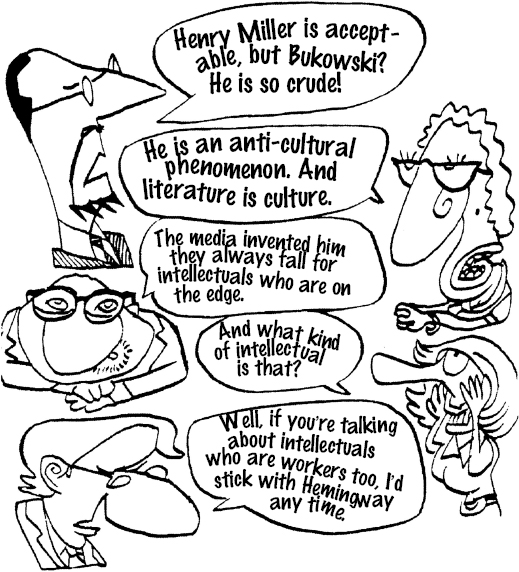
‘I am not primarily a poet, I hate god gooey damned people poets messing the smears of their lives against the sniveling world...what I write, is only one tenth of myself—the other 9/to hell tenths are looking over the edge of a cliff down into the sea of rock and wringing swirl and cheap damnation...’

Though Henry Charles Bukowski has achieved ‘cult’ status as a writer, and acquired a world-wide following, he is rarely ranked amongst the literary greats by academics and critics. Bukowski, in their eyes, remains a controversial writer.
Perhaps the lack of establishment recognition is due partly to Bukowski's decadent, dangerous image, his refusal to conform to political correctness (I am the outsider') and partly to the fact that he was born in Germany.
And experts in German literature, consider Bukowski to be an American writer. Not surprising, since he wrote only in English and, like an Olympian god, ignored whatever was happening in the rest of the world. He was concerned primarily with his own world, his been own private hell: ‘I have always one of those people who do everything wrong. This is essentially because I am not involved in the march’.
His father, Henry Bukowski, found himself in Germany as an enlisted soldier, one of many sent over by the US at the end of World War I.
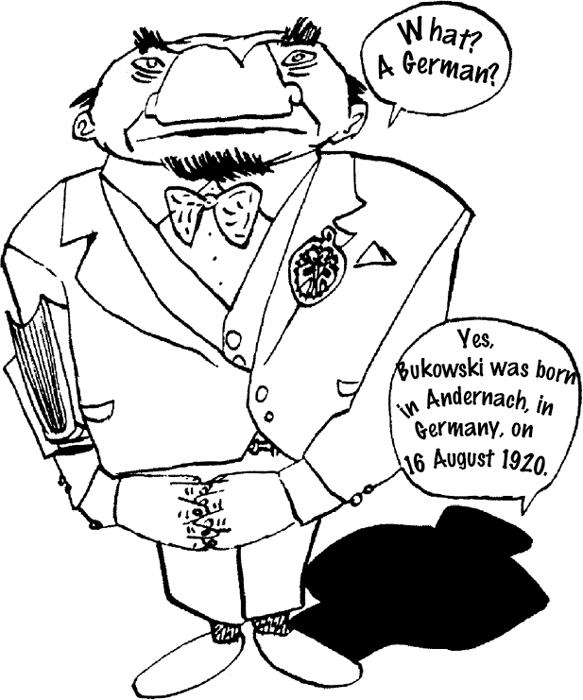
When she arrived in America, Bukowski's mother knew hardly any English. Hers was the traditional role in the patriarchal family; she had a master-slave relationship with her husband.
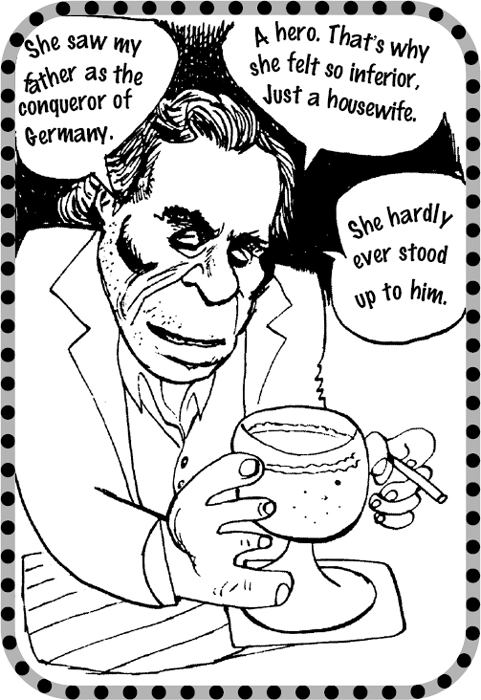
‘I always got the idea that she wanted to be on my side but it was an entirely false idea gathered from sucking her nipples at one time.’
And the Bukowsk is were so old-fashioned. Perhaps lacking confidence in their own social standing, they were determined to maintain impeccably high standards, making, from the young boy's point of view, unreasonable demands.
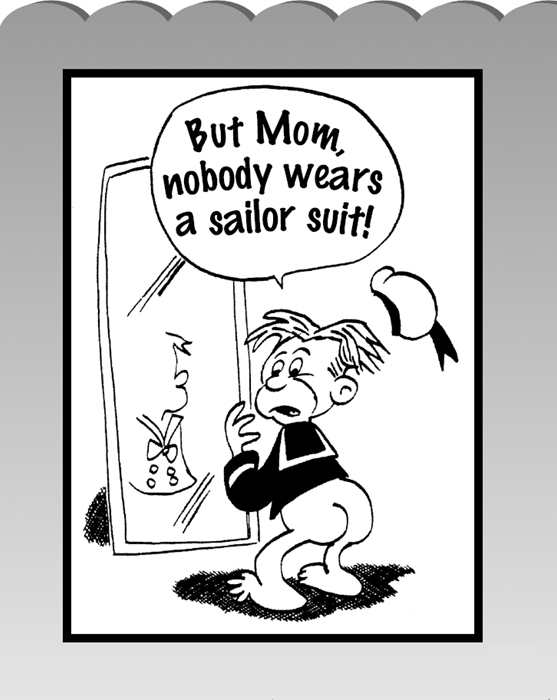
In the Depression following the Wall Street Crash of 1929, Charles found himself growing up in a family ruled by the iron hand of an intolerant father who was also not averse to inflicting corporal punishment for the slightest perceived infringement.
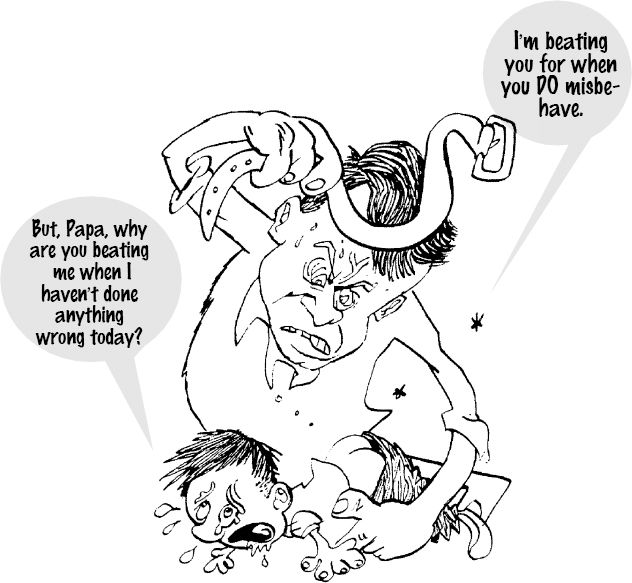
As a child, Bukowski was ugly, gloomy and reserved. His complex nature would often make him resort to sarcasm. He felt like a prisoner at home and an outsider at school. The rebelliousness that would inform his entire life was developing inside him.
‘I had some pretty terrible parents, and your parents are pretty much your world. That's all there is.’
Henry Bukowski believed in the American dream. He was efficient at work and he had married the woman that God had sent him. He had a house with a garden that was fruitful. He rested on Sunday and abstained from alcohol. He paid his taxes. He was proud to have been a soldier. In public he played the good citizen.
Charles Bukowski (he eventually dropped his first name, Henry) spent half a century doing exactly the opposite. When he could find work, he was the worst possible kind of employee. He set up home with several women and split up with all of them. Only at the end of his life did he own a house with a garden. He drank gallons of alcohol. He avoided paying taxes. He made plain his dislike of ‘good’ citizens. Although, during World War II, many of his acquaintances enlisted, Bukowski never wore uniform.
As a child, Bukowski suffered from severe acne which would scar him forever; ‘I felt as if no woman would ever want to be with me. I saw myself as some kind of freak ...’
But the young Bukowski found that when he started drinking alcohol, the pain that had marked his life disappeared for the first time. Also, alcohol would lead to independence. Emboldened by drink, he stood up to his father who merely banished him to sleep in the garage when he smelled alcohol on his breath. And then one day, when he was 19, Hank knocked his father out with a single punch and ran away from home. He would return a few times, but only for brief periods.
In some ways, the psychological experiences of Bukowski's youth seemed to parallel the harsh reality of the time, when the entire country agonized over its destiny, when everyone was hoping for a better tomorrow. He described the breeding ground for his personality in ‘Waiting’:
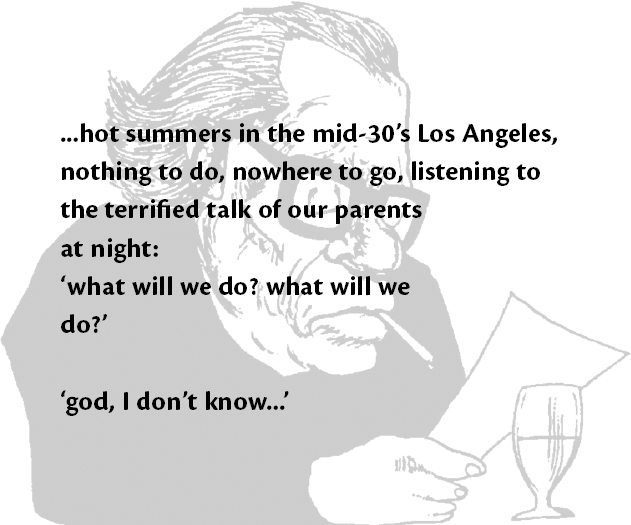
Hank (as he was known to his friends) felt himself in fierce conflict with the world. He believed that his parents loved the prestige of having a college student for a son, but showed no interest in his academic studies. On the street, it became clear that the only way he could command respect from his peers was by standing up for himself.
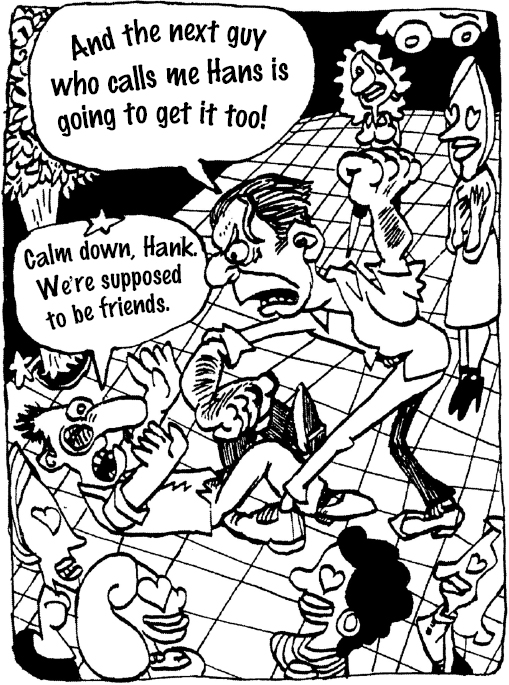
‘I don't know how this works, you have to experience it to understand it, but after two people beat on each other eight or nine hours a strange kind of brotherhood emerges.’
In his seventies, Hank would write his memoirs, Son of Satan, published in 1990. There he portrayed himself at age 11, as the leader of a gang that had to turn to crime in order to survive: they smoked, got into fights, and even tried to hang a neighbour as a silly practical joke. The account ends with Hank challenging his father to a duel, in which, according to him, he received a brutal punch, straight in the face. He ended up hiding under the bed, cursing his father.
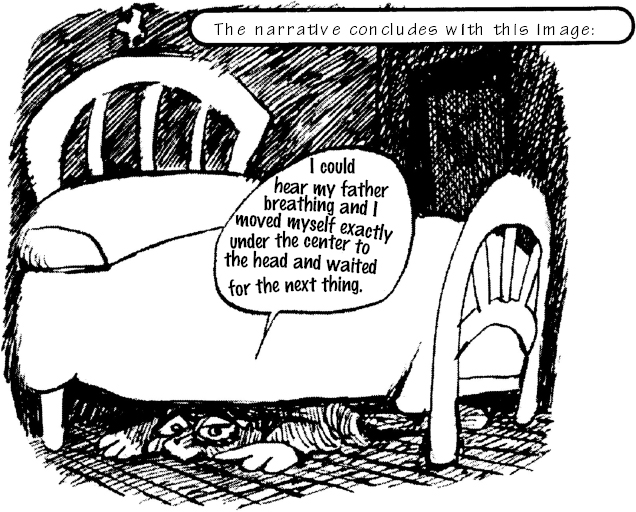
One might imagine that a terrible beating would ensue, but the writer preferred to leave the story open-ended. So, we see Hank in those days as a boy abused by an adult, resigned to the batterings of fate, but not inclined to expect any mercy. And he was prepared to fight back, if necessary.